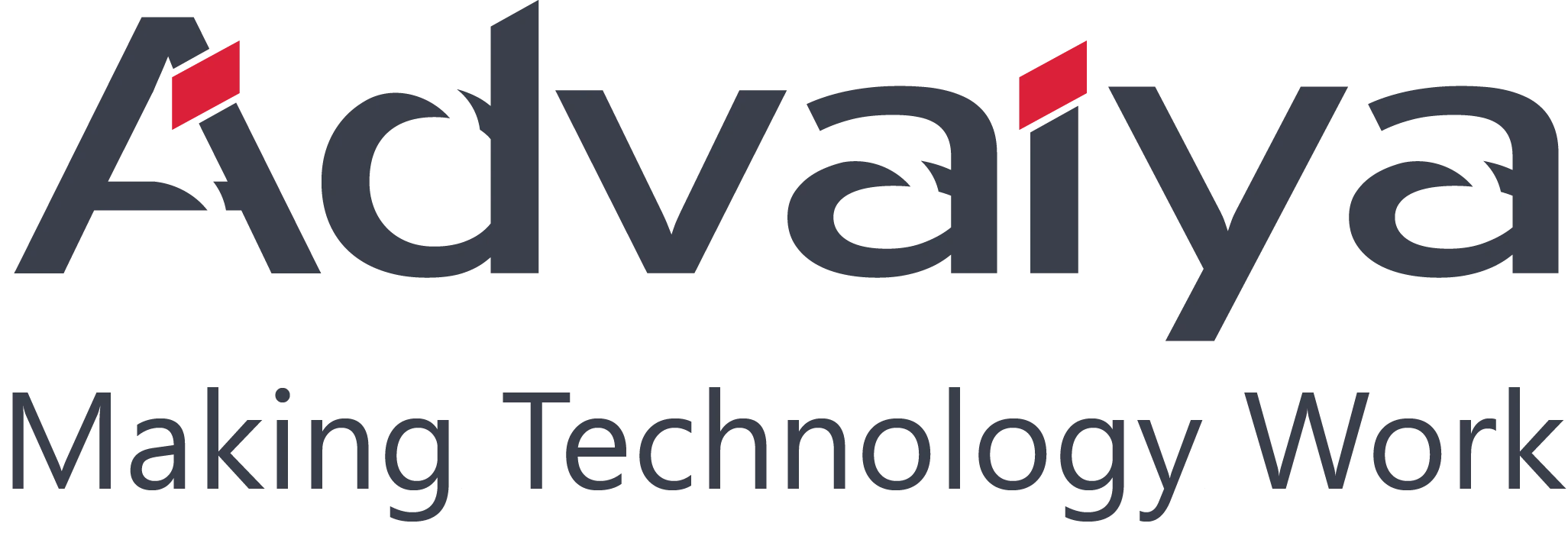From efficiency to advantage. This is the story of technology, and with some lag, story of IT services industry. Doing the same thing cheaper, faster or better is no longer sufficient.
Information Technology has been a great driver of speed and efficiency. Technology ROI has traditionally been seen as a function of efficiencies and the costs. This equation drove adoption of technology by industry globally, squeezing more efficiencies as technologies improved, and reducing costs by outsourcing, consolidating, and standardizing.
The twin vectors of efficiency and costs–building and feeding on themselves–have, since a few years, landed into a new territory. The quest to squeeze more efficiencies has paled against allure of creating sustained and unique advantage for the business made possible by digital innovation. Similarly, functional cost reductions via optimizing on how activities are performed have reached limits and the specter of wholesale outsourcing via cloud, for example, disrupts the traditional cost calculus. These have become universally available and easily accessible, thus no longer are source of advantage.
This is new, and strikes at the basis of the traditional IT industry business models. Interest has waned for IT services’ pitches of providing the commoditized capabilities at a reduced cost or a more optimized setup. Businesses have a reached a point where such efficiencies have become a norm and do not provide sustained competitive advantage. They surmise that the daunting task of transforming themselves cannot be helped by mechanistic, efficiency-minded tech services companies.
There are two key frictions at play here. One is past v present, and another is present vs. future. And their domain is bigger than the IT services or tech outsourcing. It is impacting all areas of tech industry.
Firstly, what is valuable today is different from what was yesterday. While there is some value in getting something done in a particular way, again and again, it does not confer ‘advantage’. As technology forces a rethink of their businesses, companies try to find “advantage”, even in the supposedly mundane tasks where, till some time ago, it was all about just getting those done. That means, it is no longer relevant to assess value in terms of effort. The worth of a job must be thought in terms of “advantage” that it can garner. That’s more complicated than costs per hour, much more intimate and ephemeral. Impact of innovative technology adoption–let’s say of cloud or machine learning–cannot be assessed with frameworks of current practices. So, management techniques and business models based on selling (or saving) effort at some sort of time rate are breaking down.
Secondly, the impact of the new capabilities of technology on technology industry itself is more pronounced and profound than it has ever been. While not there yet, the asymptotic nature of technology work is starting to become visible. Algorithms are not just replacing non-tech workers, but also techies. Today’s good programmers are taking away jobs from tomorrow’s. The power shift is multi-directional with the middle getting squeezed away. This poses an existential imperative for the industry and its constituents. As it gets automated or becomes available in smart user accessible chunks, merely delivering technology would cease to be a business or a job. Instead, those who deliver ‘advantage’, via technology or otherwise, would thrive.
This post was originally published at Manish’s personal blogsite as – From Efficiency to Advantage


